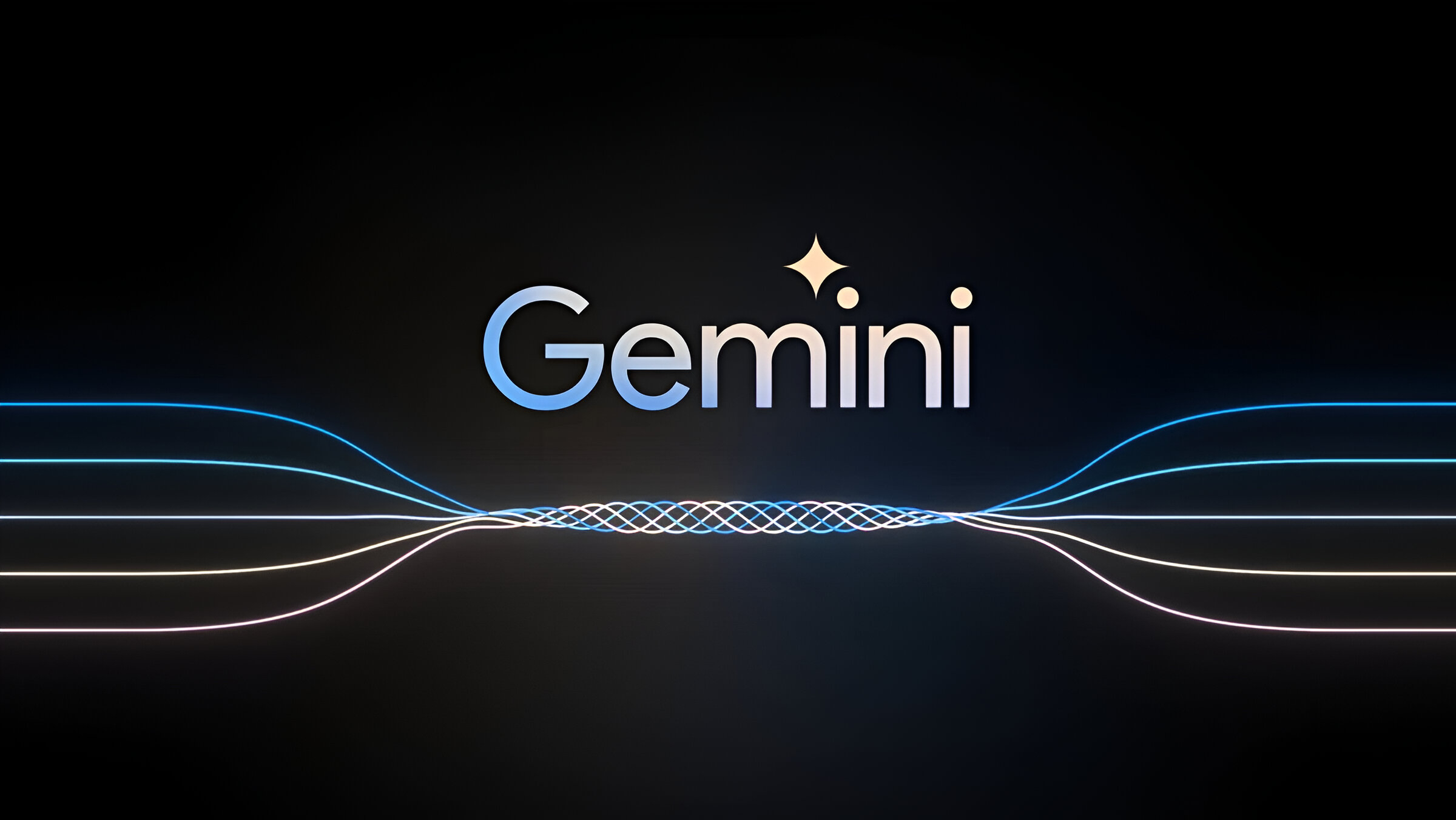Courtroom testimony isn’t where tech giants typically drop user metrics. Yet there it was—under oath and penalty of perjury—Google revealed Gemini’s massive 350 million monthly active user base. No carefully orchestrated press event. No perfectly lit product showcase. Just sworn testimony in an antitrust case that inadvertently pulled back the curtain on one of tech’s most closely guarded metrics.
First reported by The Information, these numbers tell the story of a remarkable transformation. Court documents show Gemini grew from 9 million daily users (90 million monthly) in October 2024 to approximately 35 million daily users by early 2025. That growth curve looks suspiciously like the trajectory of that one viral dance challenge everyone’s aunt was attempting last summer—explosive, unexpected, and seemingly everywhere at once.
The Silent Integration Strategy
While competitors built standalone applications requiring deliberate downloads, Google quietly rewired the digital infrastructure millions already use daily. Samsung phones, Google Workspace, Chrome browser—all gradually transformed into Gemini-powered assistants.
This embedding approach represents an evolution in how tech giants view AI deployment. Remember when downloading new software meant actual discs? Now, significant technological shifts happen through routine updates while you sleep.
Industry analysts note this integration strategy has significantly accelerated adoption rates by reducing friction. Rather than requiring users to seek out AI tools, Google brings the tools directly to where users already spend their digital time.
The Competitive Landscape: Third Place Reality
Despite these impressive numbers, Gemini still trails behind its main rivals in the AI assistant race. As AI adoption surges across platforms, Meta AI leads with “almost 500 million” monthly users as of September 2024, according to Meta CEO Mark Zuckerberg. ChatGPT, riding the wave of growing public interest in generative AI, reportedly reached 400 million weekly users by February 2025—though estimates for its monthly usage vary. Together, these platforms highlight just how quickly AI tools have become embedded in everyday digital life.
The collective reach of these three platforms likely exceeds 1 billion monthly users—more people than use Twitter globally. These platforms are achieving adoption rates that make previous tech revolutions look positively glacial.
The Privacy Equation
As these AI assistants become as common as phone chargers left in hotel rooms, privacy advocates raise important concerns about conversations being stored in corporate data centers.
Each interaction with these AI systems generates text data that companies can potentially use to improve their models. Privacy researchers and advocacy organizations have consistently highlighted that many users may not fully understand how their conversational data might be utilized.
It’s giving digital diary vibes, except this journal is being shared with corporations that can analyze patterns, preferences, and potentially sensitive information to train future AI systems.
What’s Next in the AI Assistant Wars
The broader AI market shows no signs of cooling down. Current industry estimates value the global AI market at approximately $750 billion in 2025, with projected annual growth rates of 19-20.4% through 2030, according to reports from major research firms like Grand View Research and Statista.
For perspective, that’s roughly equivalent to the GDP of Switzerland and growing at a pace that would make crypto enthusiasts blush.
As the initial land grab for users settles, the battlefield shifts from acquisition to quality. The truly valuable metrics won’t be user numbers but engagement depth, trust levels, and problem-solving capabilities.
Developments Worth Watching
As these AI assistants evolve through 2025, keep an eye on:
- The information advantage: Will Google leverage its search dominance to help Gemini deliver more accurate results than competitors?
- Privacy regulations: As AI interactions become more personal, expect increased scrutiny from regulatory bodies worldwide
- Specialty development: Watch for domain-specific AI assistants that transform industries like healthcare and legal services
For Google, the challenge transforms from simply growing Gemini’s numbers to creating meaningful differentiation in a marketplace where having AI is becoming as basic as having a website was in 2005. Having users is one thing—keeping them engaged is the real test in the rapidly evolving AI landscape.




























